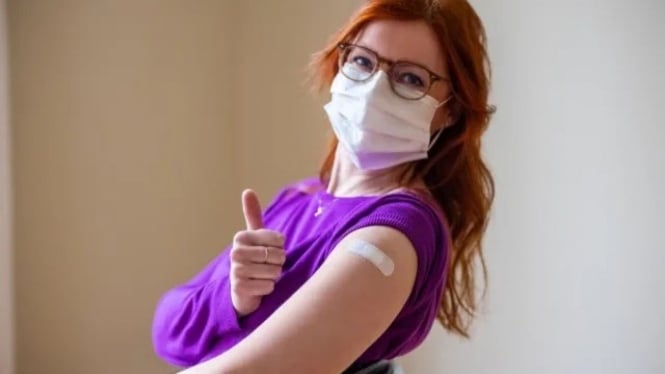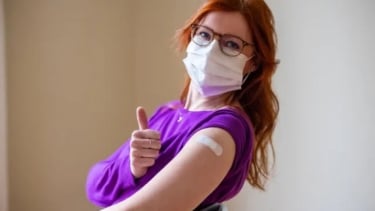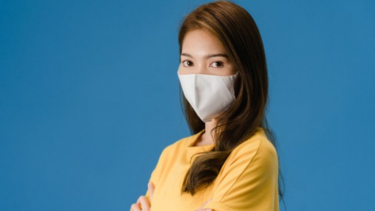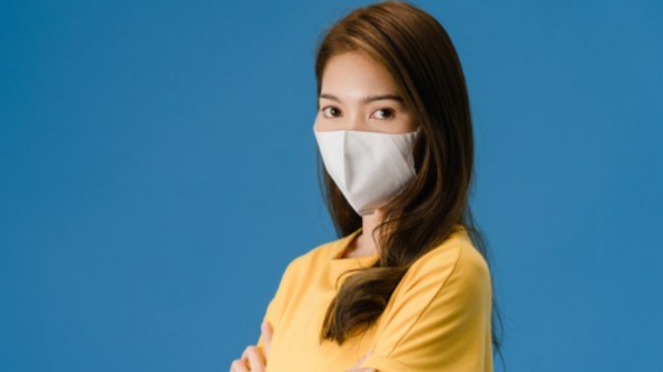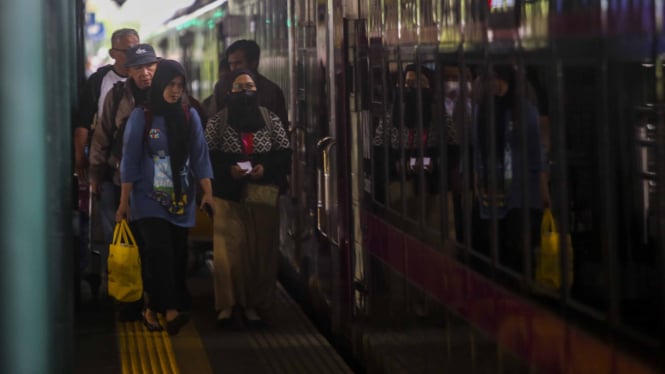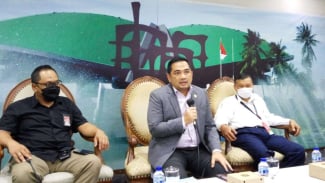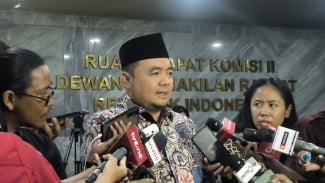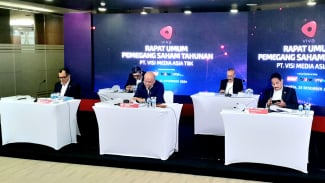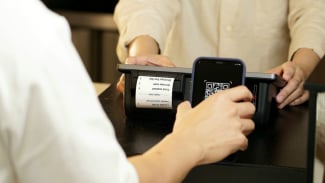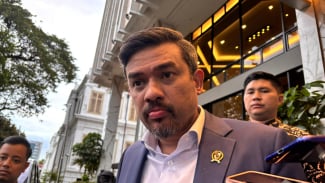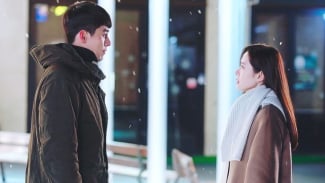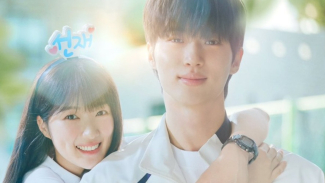Unattractive People Prefer to Still Wear Masks in Post-Covid Era
VIVA – In a post-Covid-19 world, people who consider themselves less attractive are more likely to keep wearing masks when they are motivated to give a better impression, according to a recent study published in Frontiers in Psychology.
"Our results consistently show that individuals who perceive themselves as unattractive are more willing to wear a mask, as they believe it will benefit their attractiveness," the authors note in the report.
The study authors added, "Our findings suggest that mask use may change from a self-protective measure during the COVID-19 pandemic to a self-presentation tactic in the post-pandemic era."
"On the other hand, people who do not consider themselves attractive believe in the "mask attractiveness belief" that face coverings actually improve their appearance," the researchers continued.
Ilustrasi masker kain.
- Freepik/tirachardz
But the researchers emphasized the effect of self-perceived attractiveness on the intention to wear a mask only applies to situations when people are highly motivated to make a good impression, said co-author Incheol Choi, a professor of psychology at Seoul National University in Seoul, South Korea, reported from the Daily Mail.
As some people continue to wear masks, while many others happily abandon them, researchers from Seoul National University, Korea propose there may be psychological variables that influence people's decisions.
Researchers wanted to see if self-perceived attractiveness plays a role in people's intention to wear a mask. They conducted three experiments on Americans recruited from Amazon Mechanical Turk, a crowdsourcing site for businesses.
The average age in all studies was 33 years old and males comprised about 44 percent of each study population. The team's most important finding came from their third study.
Study three involved 442 people, half of whom were told they were going to walk their dogs, and the other half were told they were going to a job interview.
They were asked: "In this scenario, do you think others would find you more attractive with a mask on?"
They were also asked: "How much do you want to make a good first impression on others?"
People going to job interviews are more concerned about whether wearing a mask affects their facial attractiveness.
For the initial study, researchers involved 244 people.
Participants scored their facial attractiveness before being asked to imagine a scenario where they were invited for a job interview at a company they really liked.
They were asked to answer the following questions: "Do you think the interviewers will perceive you as more attractive with a face mask?" and "If wearing a face mask was an option in this interview session, would you wear a face mask during the job interview?"
People who scored themselves as very attractive were less likely to answer yes. They were also less likely to endorse the belief that mask-wearing enhances their appearance, which further dampened their mask-wearing intention in job interviews.
In an intervening study, 344 people who imagined themselves interviewing for a job at a well-respected company were asked: 'Do you think the interviewers will perceive you as more with a face mask?'
People who answered yes to those questions were more apt to wear masks in the interview.
The study authors wrote: 'Overall, we provide a novel finding that self-perceived attractiveness has significant effects on mask-wearing intention via mask attractiveness belief in the post-pandemic of COVID-19.
